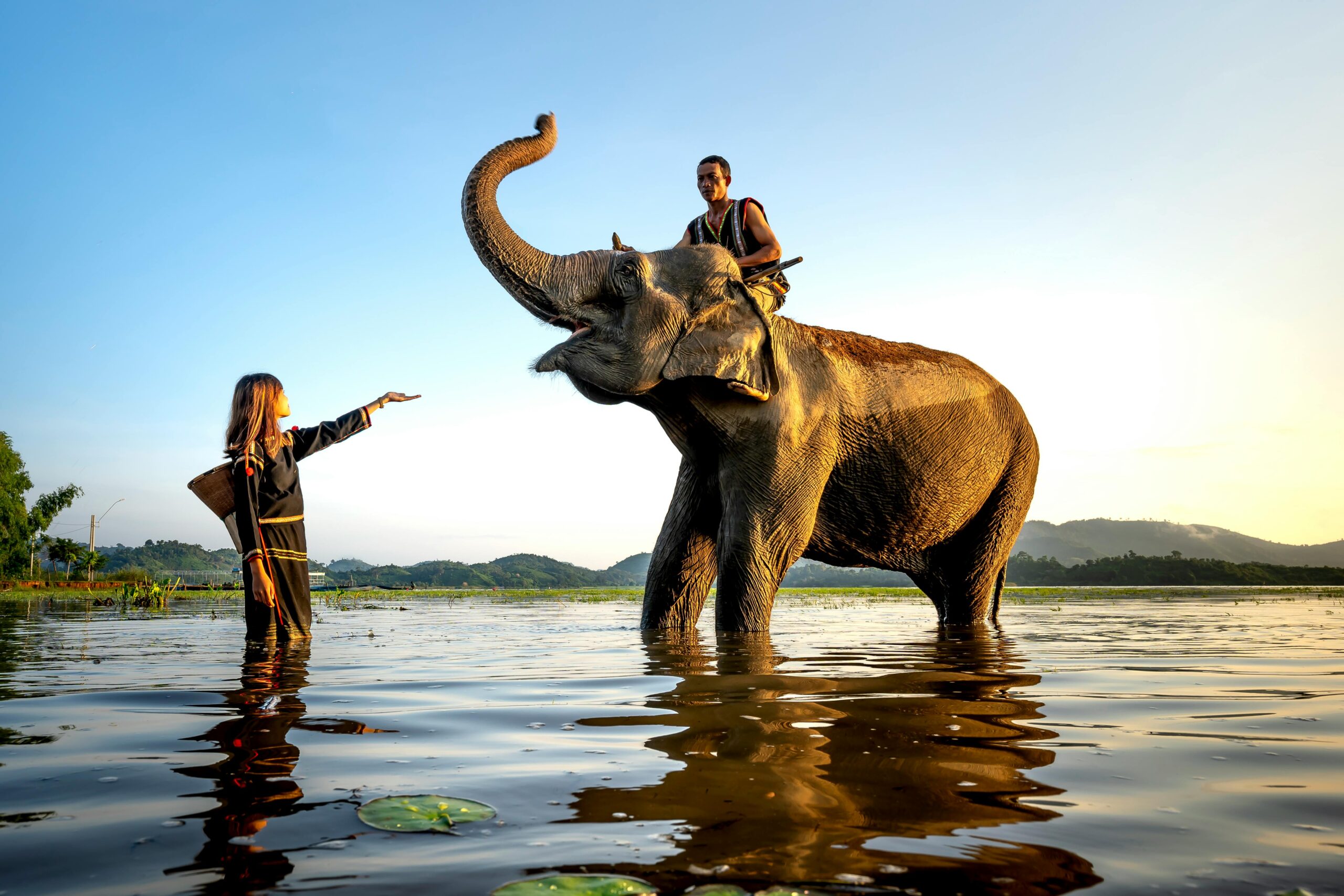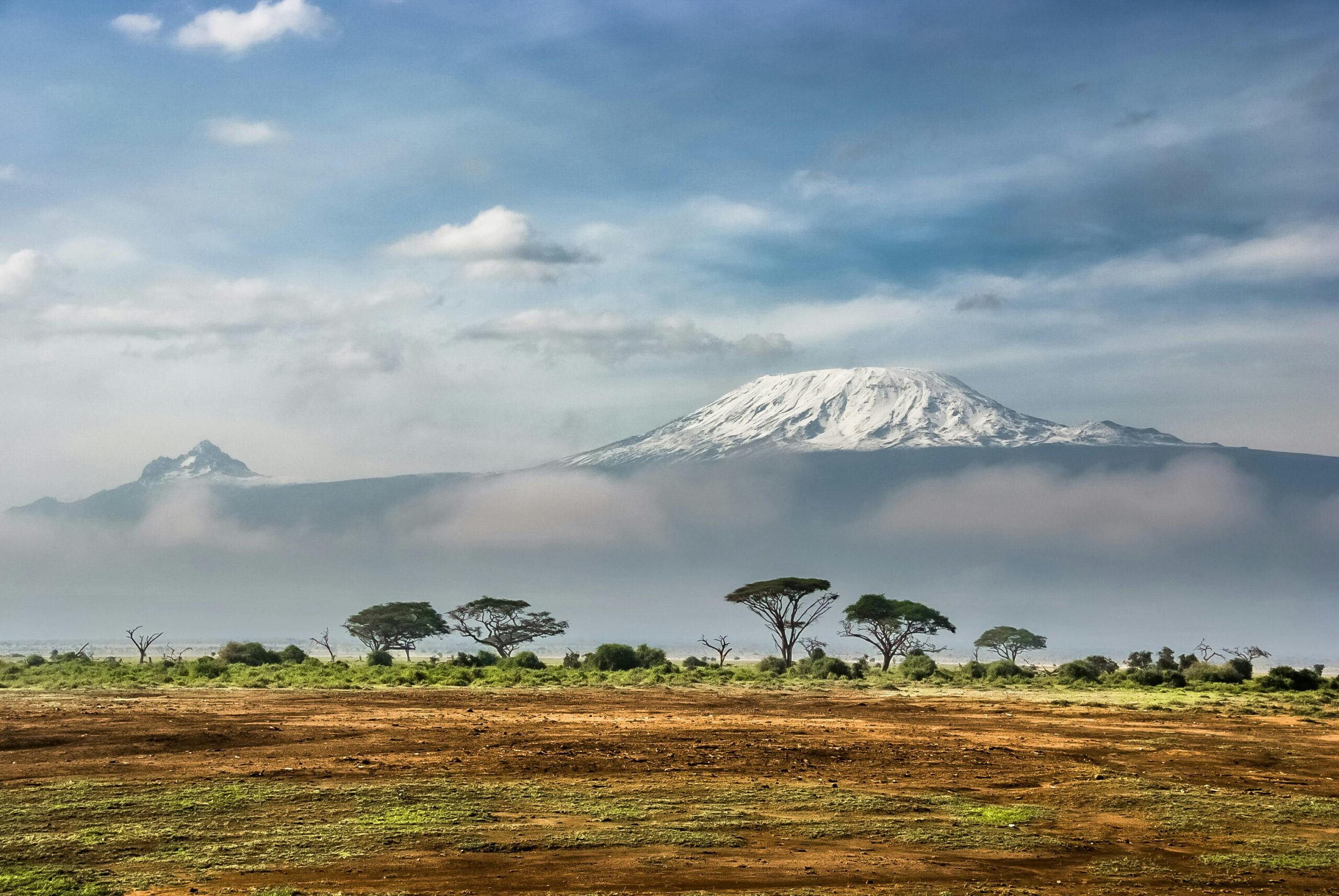A Tanzania safari is a bucket-list adventure, offering unparalleled wildlife and breathtaking natural landscapes. This East African gem boasts 16 national parks, 29 game reserves, and 40 conservation areas, making it a haven for nature lovers. Iconic attractions include Mount Kilimanjaro, Lake Tanganyika, and 7 UNESCO World Heritage Sites, such as the Serengeti National Park, Ngorongoro Conservation Area, and Stone Town of Zanzibar.
The Serengeti, famous for its “Endless Plains,” hosts the world’s largest mammal migration and is home to diverse wildlife, including 70 large mammal species and 500 bird species. Other highlights include Lake Manyara’s flamingos and tree-climbing lions, as well as off-the-beaten-path experiences like chimpanzee trekking in Mahale and Rubondo or exploring the unique landscapes of Nyerere and Ruaha.
Dodoma, the capital of Tanzania, has warm, dry weather most of the year, with a wet season from November to April. For a truly memorable safari, private, tailor-made tours with guides and jeeps are highly recommended, offering flexibility and immersion in Tanzania’s natural beauty. From savannahs to beaches and coral reefs in Zanzibar, Tanzania delivers a diverse safari experience unlike any other.

The Great Wildebeest(The Gnu) Migration on Your Tanzania Safari
The Great Migration is one of nature’s most awe-inspiring spectacles and a highlight of any Tanzania safari. Every year, over two million wildebeests, zebras, and gazelles embark on a perilous journey through the Serengeti’s vast plains in search of greener pastures. Watching these animals cross crocodile-infested rivers while evading predators like lions and cheetahs is a once-in-a-lifetime experience. Plan your visit between July and October for the iconic river crossings or head there between December and March to witness the calving season.

Tanzania’s Best Wildlife Safari Destinations
Tanzania’s diverse landscapes host some of Africa’s most renowned national parks and reserves. Here are the must-visit destinations:
- Serengeti National Park: Famous for the Great Migration and its thriving population of big cats, the Serengeti is the epitome of African safaris.
- Ngorongoro Crater: A UNESCO World Heritage Site and natural wonder, this volcanic caldera is home to a dense concentration of wildlife, including the endangered black rhino.
- Tarangire National Park: Known for its iconic baobab trees and large herds of elephants, Tarangire offers a unique safari experience.
- Lake Manyara National Park: Renowned for its tree-climbing lions and vibrant flamingo population, Lake Manyara is a gem for bird enthusiasts.
- Ruaha and Nyerere National Parks: Off-the-beaten-path destinations offering intimate game drives and crowd-free wildlife viewing

Top 3 Tropical Island on Tanzania Safari
Combine wildlife exploration with pristine beaches by heading to Zanzibar, Tanzania’s tropical island paradise. After thrilling game drives, relax on white-sand beaches, snorkel in crystal-clear waters, or explore Stone Town, a UNESCO World Heritage Site. Zanzibar’s unique blend of Swahili culture, history, and marine life makes it a perfect complement to your Tanzania safari.
Why Add a Tropical Island to Your Tanzania Safari?
After days of exhilarating game drives in the Serengeti or Ngorongoro Crater, Tanzania’s tropical islands provide the ultimate post-safari retreat. These islands offer a tranquil escape with white sandy beaches, vibrant coral reefs, and a rich cultural history. Whether you’re a nature lover, a diving enthusiast, or simply looking to unwind, Tanzania’s islands have something for everyone.
1. Zanzibar: The Jewel of the Indian Ocean
Zanzibar, the most famous of Tanzania’s tropical islands, is a haven of relaxation and cultural discovery.
Top Experiences on Zanzibar Island
- Stone Town Exploration: Wander through this UNESCO World Heritage Site and discover its rich Swahili culture, Arab-influenced architecture, and vibrant markets.
- Pristine Beaches: Relax on powdery beaches like Nungwi and Kendwa, where crystal-clear waters beckon.
- Snorkeling and Diving: Explore Zanzibar’s vibrant coral reefs teeming with marine life, including dolphins and sea turtles.
- Spice Tours: Visit local spice farms and learn why Zanzibar is called the “Spice Island.”

2. Mafia Island: A Hidden Gem for Marine Lovers
For those seeking a quieter and more intimate experience, Mafia Island offers unparalleled opportunities to connect with nature.
Why Visit Mafia Island?
- Marine Park Adventures: Swim alongside whale sharks, the gentle giants of the sea, or dive in the Mafia Island Marine Park, one of the most biodiverse coral reef systems in the world.
- Peaceful Seclusion: Fewer tourists mean you can enjoy the island’s beauty without the crowds.
- Cultural Charm: Discover small fishing villages and experience authentic Tanzanian coastal life.

3. Pemba Island: The Green Island of Tanzania
Pemba, known for its lush landscapes and unspoiled charm, is a paradise for those who love nature and exclusivity.
What Makes Pemba Special?
- Diving and Snorkeling: The Pemba Channel is renowned for its untouched coral reefs and abundant marine life.
- Clove Plantations: Known as the “Island of Cloves,” Pemba’s aromatic plantations are a feast for the senses.
- Off-the-Beaten-Path: Pemba is less commercialized than Zanzibar, offering a truly secluded experience.

How to Combine a Tanzania Safari with a Tropical Island Experience
1. Start with a Classic Safari
Begin your adventure with a traditional safari in iconic destinations like the Serengeti, Ngorongoro Crater, or Tarangire National Park. Witness the Big Five, marvel at the Great Migration, and soak in the raw beauty of Tanzania’s landscapes.
2. Transition to Island Paradise
After the excitement of the safari, take a short flight to Zanzibar, Mafia, or Pemba Island. Direct flights from mainland Tanzania make it easy to transition from the savannahs to the coast.
3. Balance Adventure and Relaxation
While the islands offer serene beaches, they also provide opportunities for adventure, including diving, snorkeling, and cultural tours. Plan your itinerary to enjoy both worlds.

Top Tips for Planning a Tanzania Family Safari
Planning a family safari in Tanzania requires a mix of excitement and practicality. Here are our top tips:
- Think Like Your Kids: Choose destinations and activities that will keep children engaged, such as wildlife-rich areas like Tarangire or Ngorongoro, where game viewing is consistent and exciting.
- Choose an Excellent Safari Company: Partner with a reputable operator specializing in family-friendly safaris. Look for guides experienced with kids and accommodations offering family-focused amenities.
- Be Realistic About Your Budget: Determine a budget that balances comfort and adventure. Family safaris can range from mid-range lodges to luxury all-inclusive packages.
- Fly Straight into Kilimanjaro Airport: Save time and energy by flying directly into Kilimanjaro International Airport, the gateway to northern Tanzania’s top safari destinations.
- Dive into the Local Culture: Include cultural experiences such as visiting Maasai villages or local markets to make the trip educational and enriching for children.
- Spend a Night in Arusha: Rest and acclimate upon arrival by staying overnight in Arusha, a charming town with family-friendly lodges and gardens.
- Combine Ngorongoro with Tarangire and the Serengeti: Create a varied itinerary by blending the Big Five experience in Ngorongoro with the elephant herds of Tarangire and the vast plains of the Serengeti.
- Give Tarangire National Park a Try: Tarangire is often overlooked but offers a magical experience for families, with diverse wildlife and fewer crowds.
Read More: How to Dress to Impress for Your Safari Adventure
Tanzania Health & Safety Travel Tips
Health and safety are paramount when planning your Tanzania safari. Here are some essential tips:
- Vaccinations: Ensure you’re up-to-date on vaccines, including yellow fever, typhoid, and hepatitis.
- Malaria Precautions: Take antimalarial medication and use insect repellents to protect against mosquito bites.
- Stay Hydrated: Carry a reusable water bottle and drink only bottled or filtered water.
- Local Laws: Respect local customs and laws to ensure a smooth experience.





